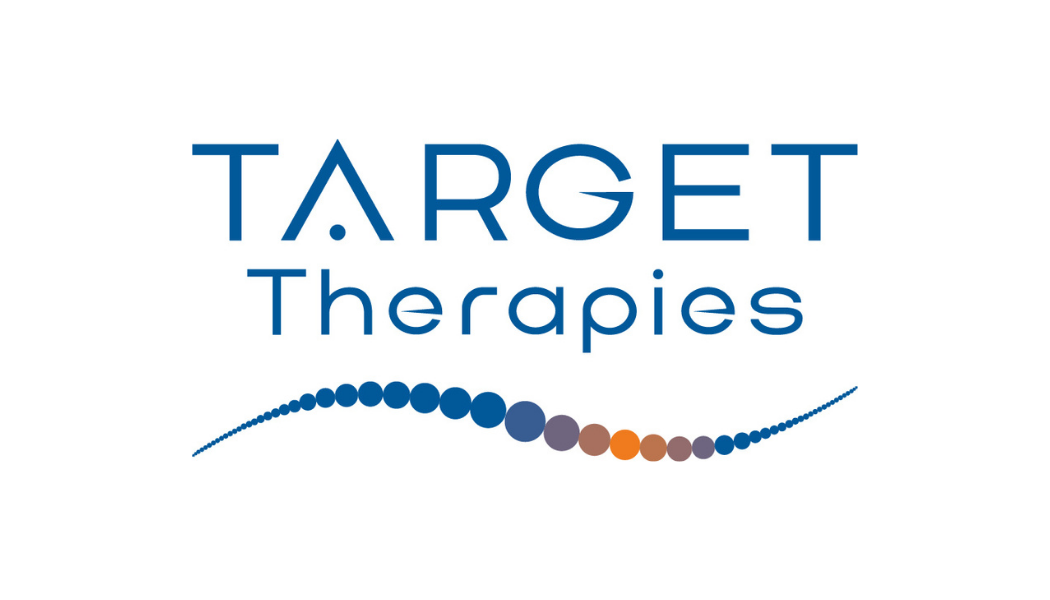Mental Health and the positive impact of massage
October 10th marks World Mental Health Day, a globally recognized initiative aimed at raising awareness and starting conversations about mental health. It’s a day dedicated to shedding light on the commonality of mental health issues and advocating for strategies to support our own mental well-being and that of others.
The statistics surrounding mental health issues are sobering. According to The Lancet (January 2023), anxiety and depression stand as the most common mental health conditions, affecting an estimated 374 million and 246 million individuals, respectively, worldwide. These staggering figures highlight the urgency to address mental health concerns on a broader scale.
Here’s the good news…
Thankfully there are many avenues to promote and maintain good mental health. Regular exercise, mindfulness practices, social connections, balanced nutrition, and notably, incorporating regular massages into your routine are among the strategies that can significantly impact mental wellness.
Beyond aiding in the prevention of mental health disorders, regular massage plays an important role in alleviating symptoms associated with stress and anxiety. These symptoms can present as muscle tension, persistent pain, low mood, sleep disturbances, and headaches.
Massage therapy helps reduce cortisol levels, commonly known as the stress hormone, while simultaneously stimulating the release of endorphins, serotonin, and dopamine – hormones vital in fostering feelings of happiness, relaxation, and overall well-being.
How we can help…
At Target Therapies, we understand the connection between mental and physical well-being. That’s why we offer membership packages to help massage become part of your self-care routine each month- in an affordable adn accessible way. This proactive approach, not only supports your physical health but also contributes significantly to nurturing your mental health. By reducing stress, enhancing relaxation, and fostering a positive mindset, massage therapy emerges as a powerful tool in our arsenal for comprehensive well-being.




